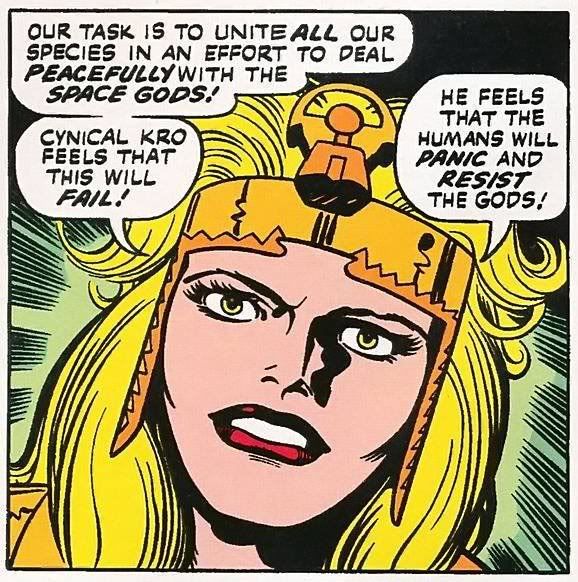
So, Adama didn’t nuke the planet after all. I’m having trouble remembering other parts of last Sunday’s episode, though, since I almost dozed off a couple of times.
I don’t think it’s because the episode itself was boring, since the parts I recall seemed fairly exciting — Cylons getting blowed up, gunshot wounds to the head, and a scene where Apollo and Anders almost gave in to the sexual tension between them (this one I may have hallucinated while I was half-conscious).
I suspect I was still somewhat tired from skiing the day before and pleasantly groggy from my pork chop dinner, but I think my inattention also had to do with being in a different place and time to watch Battlestar Galactica. This is the first time I’ve watched this show on Sunday instead of Saturday and in my old house instead of my place in Halifax. It didn’t quite feel right, and the experience made me consider just how much context is responsible for Galactica‘s success.
Consider, for instance, that there is a new animated series of Star Trek being considered for production by whatever company it is that makes Star Trek. The third comment points out that the original Star Trek drew upon dewy-eyed 60s optimism in its story-telling. Star Trek failed and was cancelled in its first incarnation, but became popular in its movie version. I think this was due partly to the difference between 1966 and 1979, the year the first movie came out. In 1966, the United States was steadily losing its war in Vietnam, and Star Trek‘s optimism must have seemed like some cruel joke to a country dealing with major military defeats for the first time in its recent history. In 1979, the Vietnam War was already finished for most Americans, and perhaps Star Trek: The Motion Picture was a nice distraction from the reality of corrupt presidents, dead leaders, and empty spots at the dinner table.
I’m sure we can all think of other tv shows or movies that, no matter how excellent, just didn’t catch on for some reason. The Al Pacino movie Scarface, for instance, was a flop when it was first released, but it’s now considered a classic today, with its digital re-release celebrated by numerous film critics. The reverse also holds true: classic Saturday Night Live skits like Jim Belushi’s samurai deli falls flat among people of my generation, the phrase “pile of dog crap” being bandied about at times. The present is different from the past, and stories that were popular yesterday are not necessarily popular today. But what, then, of Battlestar Galactica and its examination of the so-called War on Terror? What of Battlestar Galactica‘s prospects for popularity among future generations of viewers?
Let us pretend that it is possible to win the War on Terror, or conversely (and perish the thought), it is possible to lose that same war (victory not necessarily being the objective of either “side”). Let us pretend that it is now years, decades later, and we have achieved the status quo ante bellum, and the War on Terror is as distant as the Falklands War. Would Battlestar Galactica still be considered brilliant by those who’d never seen it before?
I can easily imagine that it would be seen as too dark by future viewers who’d never been disgusted by graphic images of actual torture or had to helplessly read about monstrous crimes being perpetuated in their name many distant miles away. In fact, Galactica might be seen as an unwelcome reminder of a past better buried, or perhaps even as a sign of the sickness of the society that it was produced in — after all, Galactica is meant as entertainment, and what is entertaining about reproducing images of terror?
The greater fear, of course, is that Battlestar Galactica will still be relevant twenty years from now. If satire is meant to serve as a warning, then does that mean that Galactica‘s creators would like nothing more than to be a historical curiosity in the future?
I’m reminded of Weapons of Choice, a science fiction novel I read a few months back. In it, a naval task force from twenty years in the future accidentally time travel back to the Second World War. This means that the crews on board the ships have lived through twenty years of the War on Terror. The future presented is grim, with summary executions of prisoners being conducted by the US military immediately after battle, and with American citizens living in a heavily militarized society. Setting aside the author’s Tom Clancy-esque fascination with the machinery of war, the book’s portrayal of the future seems depressingly probable.
So there you have it, fellow fans of Galactica. The series will be relevant in the future, or it will not. A prediction, though: either way, lots of stuff will get blowed up.


